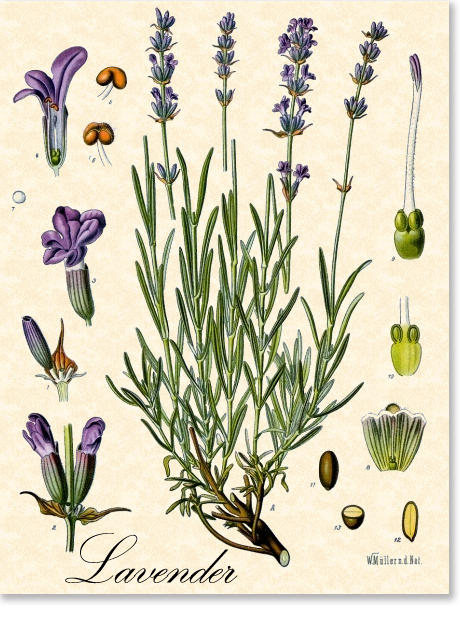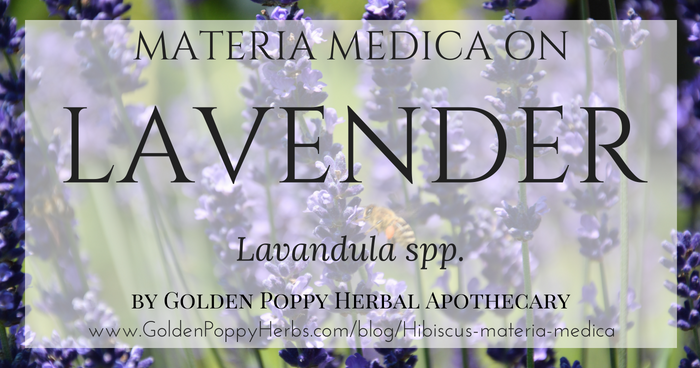LAVENDER!
Commonly known for its gentle and lovely aromatic properties, lavender is frequently used in aromatherapy, bubble bath, soap, tea and perfume. The fragrance of lavender alone has been known to reduce nervousness, anxiety and restlessness. Now that’s an effective smell!
While its fragrance is quite impressive, lavender is loaded with other powerful properties as well. Historically, lavender was adopted in World War II as an antiseptic dressing for wounds and utilized for parasite resistance. It also functioned to ward off diphtheria, typhoid, pneumonia, staph, strep and many other flu viruses.
Today, research continues to boom around the functionality of this mighty flower. Recent studies have closely examined the influence of lavender tincture over anxiety and depression. This herb has a strong capacity to alleviate mood disorders and inconsistencies, increasing health and overall quality of life.
Drink it as a mug of tea, pour it into a relaxing bath, light it as a fragrant candle or mist it onto your pillowcase. However you can include this charming herb in to your day, do. You will be happy you did!

MATERIA MEDICA: LAVENDER
Latin Name: Lavandula angustifolia
Family: Lamiaceae (Mint Family)
Part used: Flower
Energetics: Bitter, Pungent, Sweet
Actions: Antibacterial, antidepressant, antifungal, anti-inflammatory, antispasmodic, aromatic, bitter, carminative, digestive, diuretic, sedative, stimulant, tonic, and more.
Uses:
- Antibiotic
- Anxiety
- Cancer
- Cognitive Performance
- Dementia
- Depression
- Hypnotics (Sleep Aid)
- Nervousness
- Pain
- Rheumatoid Arthritis Pain
Preparation and Dosage
- Tea – 2 teaspoons of herb steeped with 1 cup boiling water for 15 minutes.
- Tincture – 10-15 drops in water or directly in the mouth as often as needed
- Essential Oil – a few drops placed on the wrists, on the chest, rubbed into the soles of the feet, or under the nose can significantly help reduce stress. The oil can also be placed in bathwater
Safety considerations:
Although lavender is commonly well tolerated, individuals with allergies or hypersensitivities to lavender, its constituents or other members of the Lamiaceae family should refrain from using this herb.
Lavender can cause nausea, vomiting and loss of appetite when consumed in large doses. Mild dermatitis has also been noted after the use of topical lavender oil as well.



